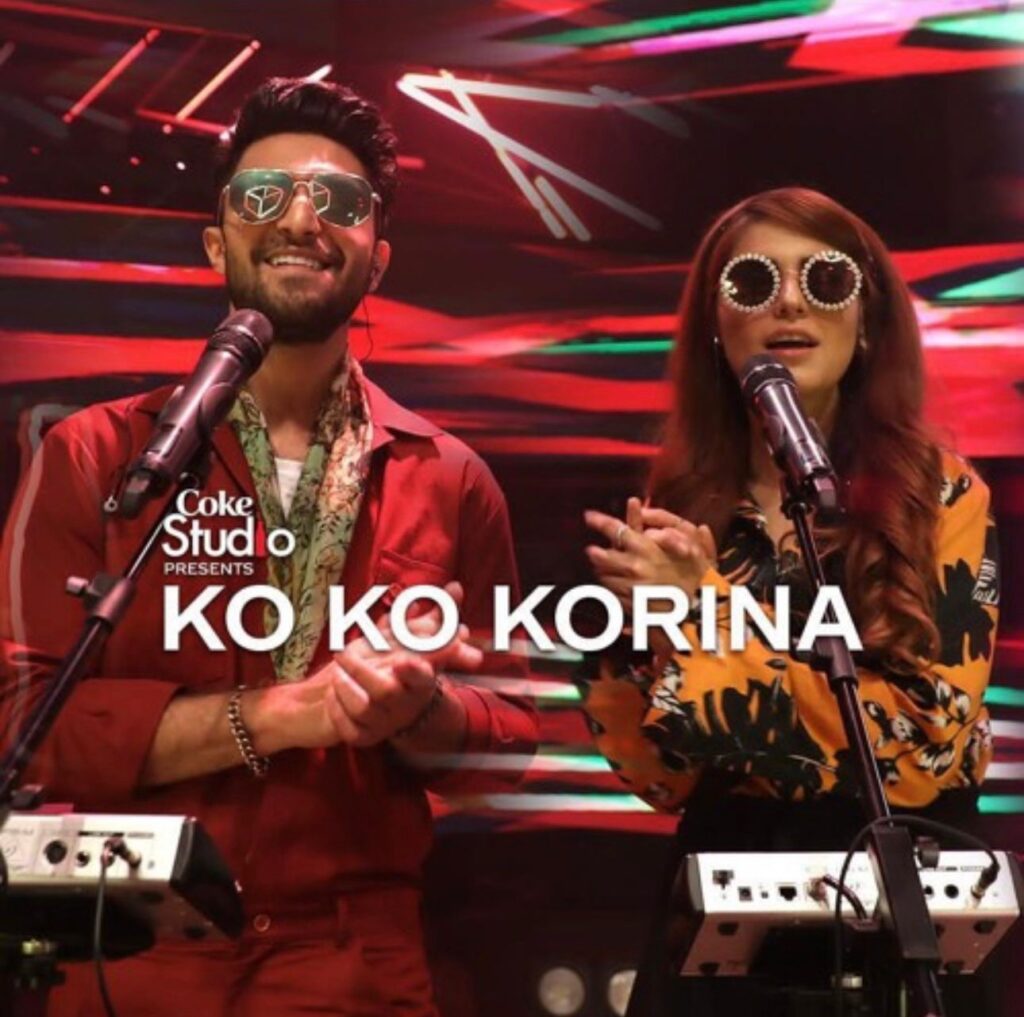
When it comes to the origins of Pakistan’s pop music scene, one song stands out as the anthem that started it all— “Koko Korina.” Released in 1966, this iconic track not only captured the hearts of millions but also carved a new path for Pakistani music, blending Western pop with desi flair and setting the stage for future generations.
“Koko Korina” was a refreshing break from the classical and ghazal music that dominated the industry at the time. With lyrics by renowned poet Masroor Anwar and composed by the legendary Sohail Rana, it was sung by none other than Ahmed Rushdi, the voice that would soon become synonymous with Pakistani pop music. The song first appeared in the film Armaan, which starred Pakistan’s silver-screen heartthrob, Waheed Murad, who brought the song to life with his charming on-screen charisma.
The song’s upbeat tempo, catchy rhythm, and whimsical lyrics were unlike anything audiences had heard before. “Koko Korina” quickly became the sound of youth culture, embodying a spirit of fun, romance, and rebellion. Ahmed Rushdi’s velvety voice brought a fresh energy that drew on Western musical styles like rock and roll but with a distinctly Pakistani twist. Waheed Murad’s suave, effortless performance made “Koko Korina” an instant sensation, with Murad’s popularity rising to new heights as he became Pakistan’s own Elvis Presley.
The song’s success wasn’t limited to its release year; “Koko Korina” has become a cultural landmark in Pakistan, covered by countless artists across generations, each rendition adding a new layer to its legacy. It was reimagined by Ali Sethi and Momina Mustehsan for Coke Studio in 2018, though the rendition sparked controversy and divided audiences—a testament to the song’s enduring influence and the sense of nostalgia tied to the original.
Half a century later, “Koko Korina” still holds a special place in Pakistan’s music history, marking the birth of an era where pop music found its way into mainstream Pakistani culture. It remains a reminder of the magic that happens when traditional influences meet modern creativity.
